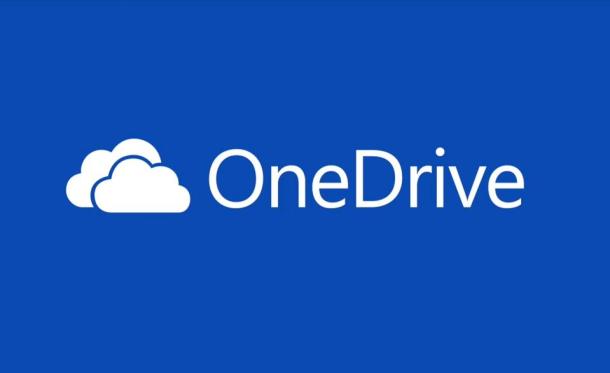While most of us are moving our data to online servers, threats to data are not new. Microsoft seems to have made some major changes in it’s cloud storage platform OneDrive to tackle the same. The tech giant has added a new secured storage area called the OneDrive Personal Vault. A user now has a space for one’s sensitive and important data.
The new OneDrive Personal Vault would be protected by an additional verification of identity. The verification will include the usual PIN, fingerprint / facial authentication or a two-factor authentication (2FA) code. This would be prompted each time you try to access your files uploaded to the OneDrive Personal Vault. The feature is rolled out to protect ones sensitive data like copies of passports, identification cards or ones financial information.
Not just this, Microsoft has also announced to bring a new storage plan. Users have been paying $1.99 a month for 50 GB of storage. This is said to change with the users paying the same amount for double the cloud storage (100 GB). The extra storage will be added “soon” to those users accounts without them needing to take any action, officials said. If you’re currently on a free plan, you’ll be able to try Personal Vault too. None the less, the number of files you can store will be limited.
Office 365 subscribers will now also be able to buy additional storage in addition to the existing 1TB that’s included with the subscription. You can add storage in 200GB increments, up to 1TB of additional storage for $9.99 per month.
Microsoft uses BitLocker-encrypted ares of a local hard drive to sync the Personal Vault files, and all OneDrive files are encrypted at rest in Microsoft’s cloud and in transit to a device. The Personal vault will relock on it’s own after a period of inactivity. Authentication will be required to get access again.
Microsoft’s Personal Vault will be available to OneDrive users on the web, on Windows 10 and through Microsoft’s mobile apps. The feature will be available to users in Australia, New Zealand and Canada. Users around the world will be able to access OneDrive by the end of calender 2019.
Microsoft seems to be the first to support 2FA-protected folders in the market as yet unlike it’s rivals iCloud, Google Drive, and Dropbox.





